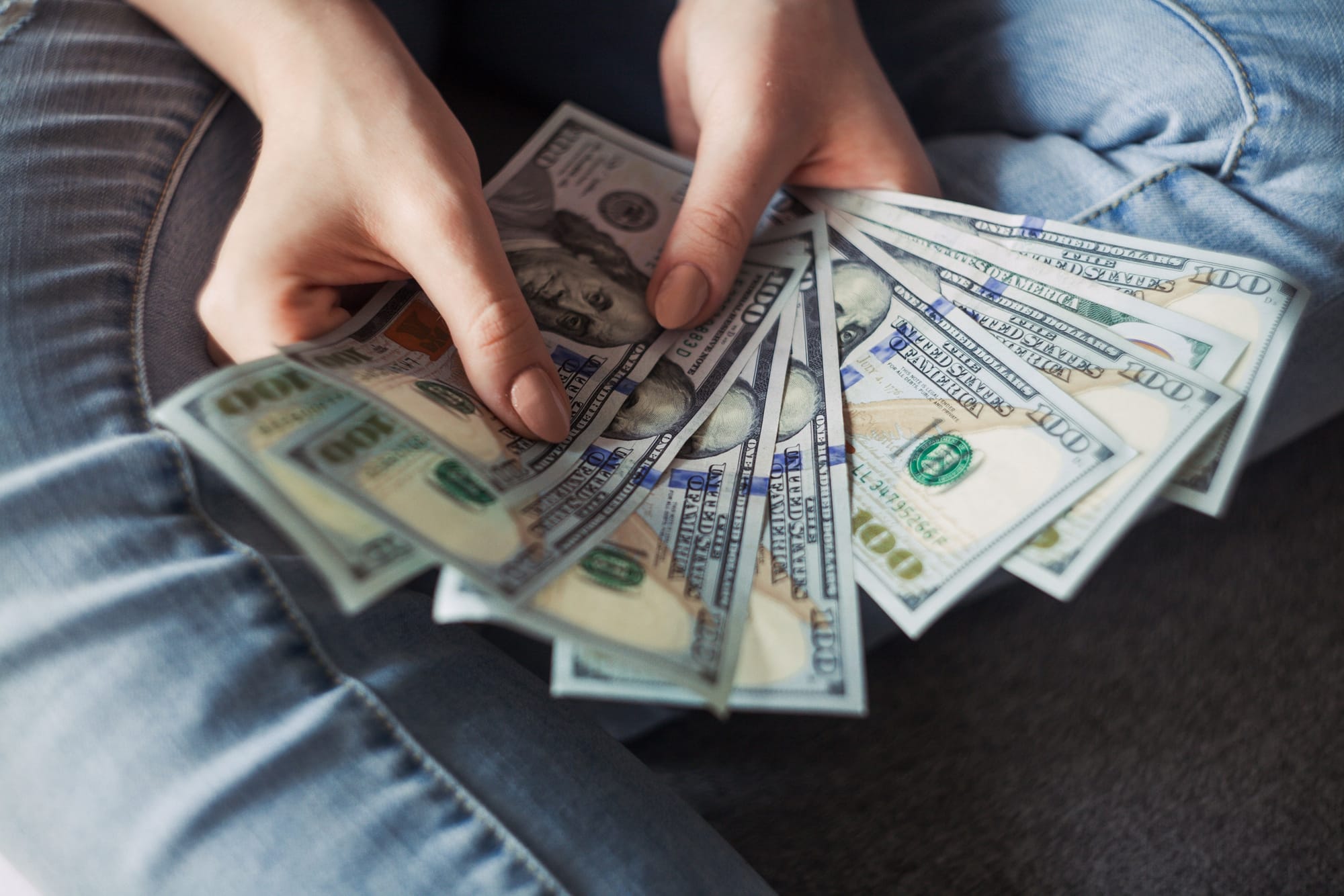Buybacks vs Dividends: The Pros and Cons

When a company makes a profit, it has a few options on how to use that money. Two common options are to either issue a dividend to shareholders or to engage in a share buyback. While both options can be attractive to investors, they also have their pros and cons.
Dividends are cash payments made to shareholders on a regular basis. They are often seen as a sign of a stable company that generates steady profits. On the other hand, share buybacks involve a company buying its own shares on the open market, reducing the number of shares outstanding and increasing the value of the remaining shares.
Let's take a closer look at the pros and cons of each option.
Pros of Dividends:
- Steady Income: Dividends provide investors with a reliable source of income. This is especially attractive to retirees or those who rely on their investments to supplement their income.
- Boosts Shareholder Confidence: Dividends are a sign that a company is financially stable and confident in its future. As a result, paying dividends can boost investor confidence in the company.
- Encourages Long-Term Investment: Dividend-paying companies often attract long-term investors who are looking for steady returns over time.
Cons of Dividends:
- Tax Implications: Dividends are typically taxed at a higher rate than capital gains, which can reduce the overall return for investors.
- Limited Flexibility: Once a company starts paying dividends, it can be difficult to stop or reduce them. This can limit a company's ability to invest in growth opportunities or respond to changes in the market.
Pros of Share Buybacks:
- Increases Share Value: By reducing the number of shares outstanding, share buybacks can increase the value of the remaining shares. This can be attractive to investors who are looking for capital gains.
- Flexibility: Share buybacks give companies more flexibility in how they use their cash reserves. This can allow them to invest in growth opportunities or respond to changes in the market.
- Signals Confidence: Like dividends, share buybacks can be seen as a sign that a company is financially stable and confident in its future. This can boost investor confidence in the company.
Cons of Share Buybacks:
- Short-Term Focus: Share buybacks are often used as a way to boost stock prices in the short term, rather than focusing on long-term growth and profitability.
- Opportunity Cost: By engaging in share buybacks, companies may miss out on potential growth opportunities that could provide greater long-term benefits.
- Can Signal Lack of Investment Opportunities: If a company engages in a large share buyback, it can signal to investors that the company does not see any attractive investment opportunities for its cash reserves.
In conclusion, both dividends and share buybacks have their pros and cons. Dividends provide investors with a steady source of income and can boost investor confidence, but can be inflexible and have tax implications. Share buybacks can increase share value and give companies more flexibility in how they use their cash reserves, but can signal a lack of long-term investment opportunities and a short-term focus. Ultimately, the decision to issue dividends or engage in share buybacks will depend on a company's individual circumstances and priorities.